You can order hot jollof on Chowdeck and have it at your door before the steam fades. You can order fresh tomatoes on GoLemon without stepping outside. But if your mother needs hypertension medication at 5 p.m. in Bayelsa?
That question—why the convenience economy stopped short of healthcare—haunted Abimbola Adebakin. A pharmacist with years of experience in organisational strategy and consulting, she’d spent her career building systems behind the scenes. One day, trying and failing to help a family friend find a basic drug after visiting nine pharmacies, she was jolted into a personal embarrassment that refused to let go.
So she built a solution. In 2017, Adebakin launched Advantage Health Africa (AHA) to make accessing quality, affordable medication as seamless as ordering dinner. Through its flagship platform, MyMedicines, AHA delivers prescriptions across Nigeria—even to remote areas—while supplying clinics and pharmacies through a growing B2B distribution network. Today, the company serves over 30 HMOs, moves thousands of orders monthly, and powers an increasingly digitised ecosystem through its proprietary inventory visibility platform, The Advantage.
The road to relevance was anything but linear. Failed products. Broken tech. Layoffs. A near-collapse of their pharmacy network. On today’s edition of Day 1 to 1000, AHA’s founder and CEO, Abimbola Adebakin, walks me through how she built a healthtech company out of frustration, scaled it through a pandemic, and learned when to pivot, when to let go, and when to keep the faith.
This is the story of Advantage Health Africa, as told to TechCabal.
Day 1-1000: From consulting gigs to a tech-enabled pharmacy network
Advantage Health Africa didn’t start with a grand strategy. It started with shame.
A family friend needed a drug. I offered to help. I’m a pharmacist—how hard could it be? I went to a pharmacy. They didn’t have it. I went to another. And another. I visited nine pharmacies across Lagos that day and still came up empty-handed. I was embarrassed. What kind of system was this? What kind of pharmacist was I if I couldn’t find a basic drug?
That moment stayed with me. It opened my eyes to something we all quietly endure: a broken distribution system that forces sick people to wander from pharmacy to pharmacy, hoping to get lucky. I thought: we can’t keep working around this. We have to fix it.
When I started Advantage Health Africa in 2017, we launched with services: consulting, training, anything to keep the lights on while we figured out the bigger thing. We built relationships. We worked with pharmacy associations and regulators. We mapped the territory.
Nine months later, on October 1st, we launched MyMedicines, a direct-to-consumer service that lets people order drugs and get them delivered. That first year, the traction was slow but steady. Then COVID hit.
Suddenly, what we were offering wasn’t a convenience, it was essential. People couldn’t leave their homes. Clinics wouldn’t take non-critical patients. HMOs that previously ignored us came running. “Can your pharmacies deliver?” they asked. “Yes,” we said, because we could.
Revenue jumped 10x. Word of mouth exploded. People abroad were ordering drugs for their parents in Bayelsa, Onitsha, places we could reach in 24 hours. CNN called. The world noticed. And we knew: we’d hit product-market fit.
We pivoted, failed, restructured, and kept going
Before COVID, we’d also tried building a pharmacy franchise called MyPharmacy. But the timing was off. The tech was shaky. COVID made everything harder. We raised some money for it, but within 12 months, we shut it down. Still, the name stuck. People began to refer to us as “MyPharmacy” even after it was gone. And we kept the spirit of the network alive, just not in the format we started with.
That was hard. Letting go of the vision—and letting go of people. But we did it properly. We flew in our field staff, sat them down, and paid two months’ salary. Helped them reposition. Some of them came back later when we were ready to rebuild.
We also tried wholesaling to pharmacies but quickly realised that wasn’t scalable. The margins were brutal. The scale wasn’t there. It was our board that pushed me to switch to selective distribution. They were right. That arm took off once we brought in a seasoned MD with experience in sales and marketing. I had to admit what I didn’t know and hire someone for it. Our branded generics—GT Plus, Real C Brazil, and others—are now thriving in the market.
I come from an organisational development background. Even in chaos, I knew we needed structure: operating models, culture, systems. We got ISO-certified early on. We let people go when we had to, humanely, and hired back some of them later.
Day 1000-Present day
We failed twice at building our core tech, then finally cracked it. We tried to build the tech backend—what we now call The Advantage—three times.
In 2018, we partnered with a team from Cape Verde who promised to help after we were selected among Africa’s top 50 startups. It didn’t work. In 2021, we tried again: it was another flop. Finally, we built internal capabilities, paired them with an external developer, and launched a working system in late 2023. Now it powers real-time inventory visibility across pharmacies. It’s the infrastructure we always needed, and we own it.
Today, AHA runs two interlinked businesses:
1. Direct to consumer through MyMedicines, with services like subscriptions, “buy now, pay later,” and doorstep delivery.
2. Business-to-business distribution, supplying select, in-demand drugs to pharmacies, clinics, and hospitals nationwide.
They feed into each other. A prescription generated by an eldercare startup? We fulfill it. A woman in Lagos placing an urgent nighttime order for her visiting brother? We’ve got it covered. One of my favorite memories is delivering meds at 11 pm to a hotel in Ikeja. The customer was stunned that it was even possible in Nigeria.
What I wish I knew earlier and what’s next
I wish we had secured seed funding earlier. It would’ve saved us years of technical debt. But we made do. In 2019–2020, we raised about ₦300 million (~$1M at the time) in naira from angel investors. Since then, we’ve mostly run on cash flow and strategic debt.
There were hard times. There were nights I took on consulting jobs just to cover payroll. One of my staff was working full-time while doing construction gigs to survive. Today, he’s a manager, winning awards, and flying abroad. That grit and belief in the mission got us through.
One of my most euphoric moments in this business was in 2021, when Bayer Foundation selected us for their Women Empowerment Program. It was the pat on the back we desperately needed. After that came Google, the Nigerian Healthcare Excellence Award, and others. We started to believe again.
Honestly, I wanted to quit many times. I got offers to lead global foundations, even drone delivery startups expanding into West Africa. Since I started AHA, I haven’t earned the kind of salary I earned during my Accenture career. And these companies were offering tempting salaries and steady jobs. But I kept thinking of the scripture that says, “If you’re faithful in another man’s business, God will give you your own.” That promise anchored me.
We’re looking to integrate our services more tightly: create clearer synergies between the B2B and DTC arms. And we’re open to joining a larger ecosystem,a healthtech group where our infrastructure becomes the backbone.
What we’re building is bigger than logistics. Bigger than tech. We’re proving that in Africa, quality health access can reach the last mile and the last metre.
Mark your calendars! Moonshot by TechCabal is back in Lagos on October 15–16! Join Africa’s top founders, creatives & tech leaders for 2 days of keynotes, mixers & future-forward ideas. Early bird tickets now 20% off—don’t snooze! moonshot.techcabal.com
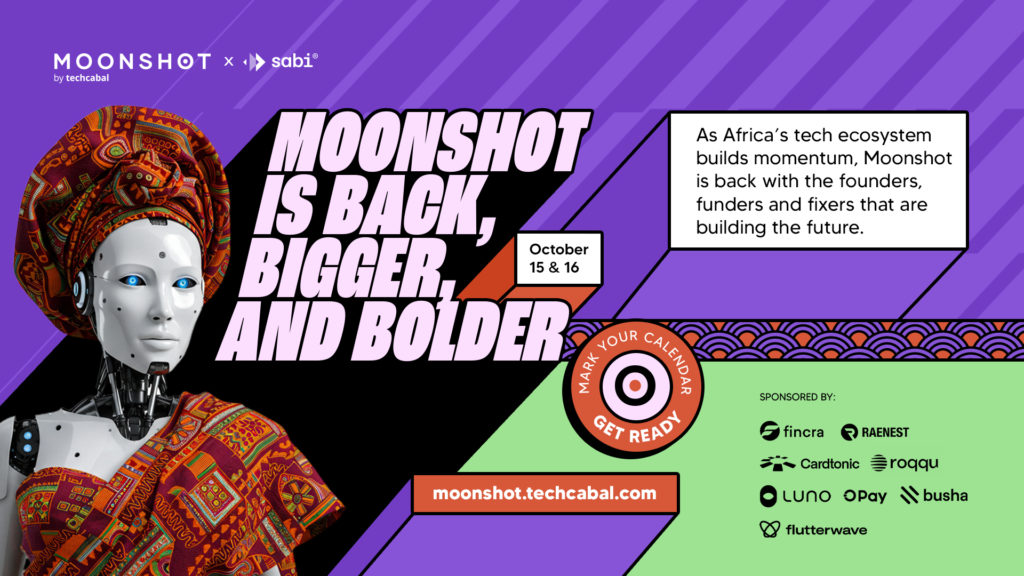



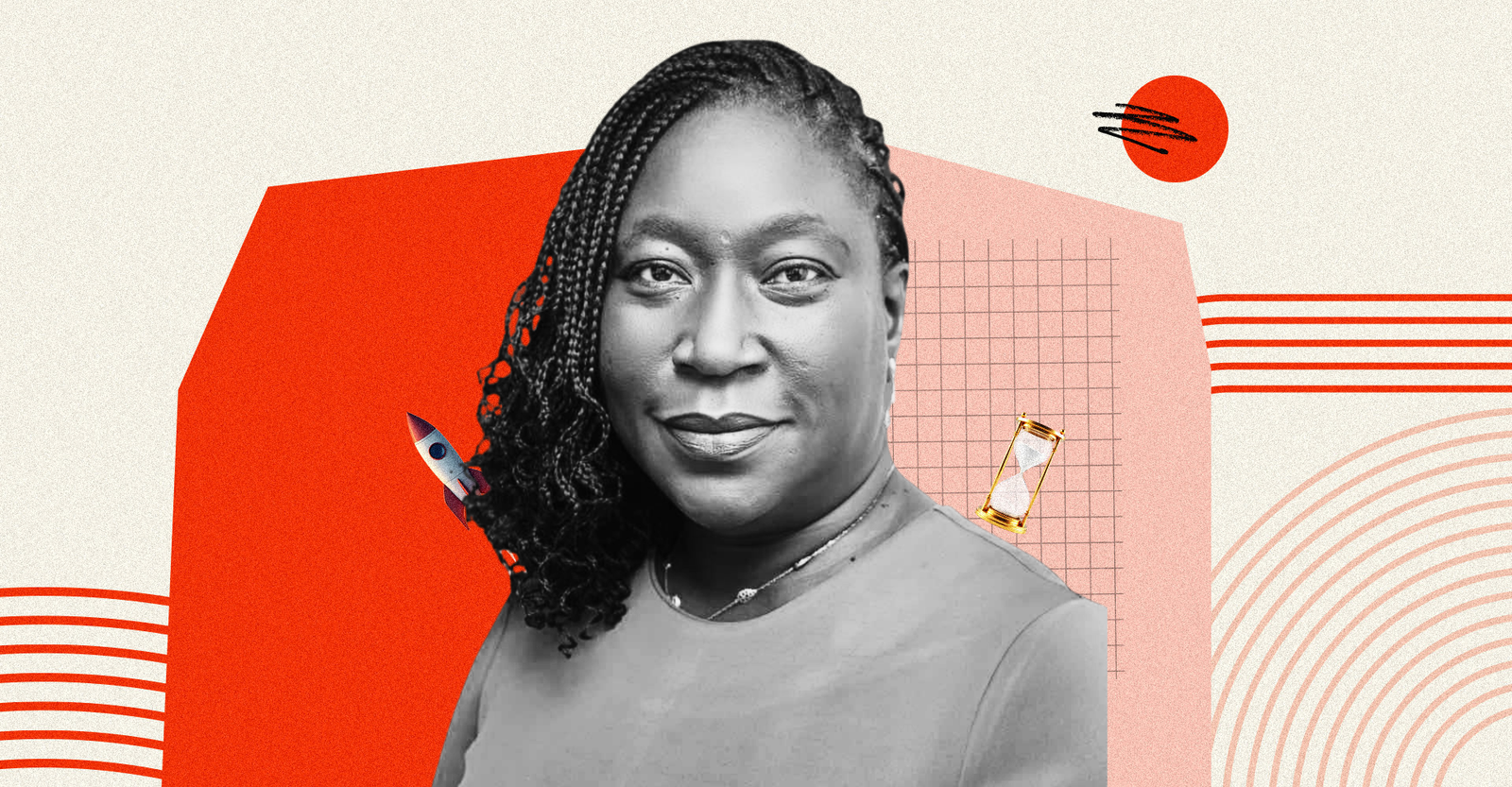
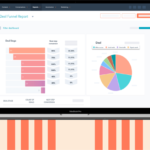
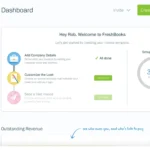

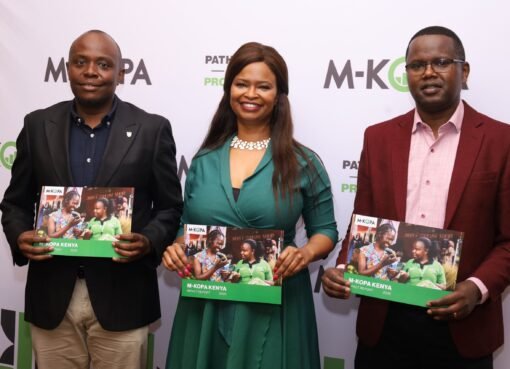

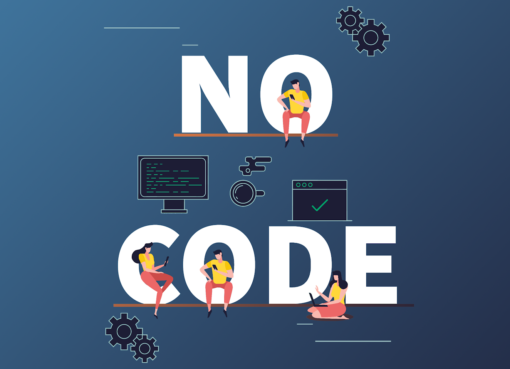



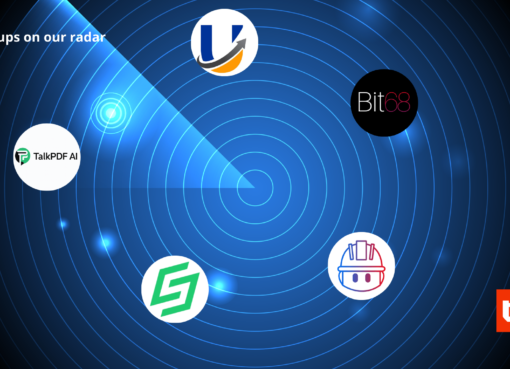
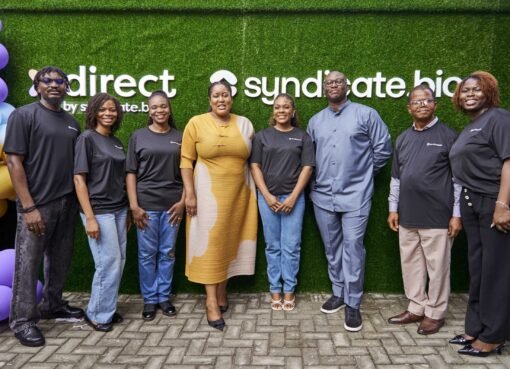
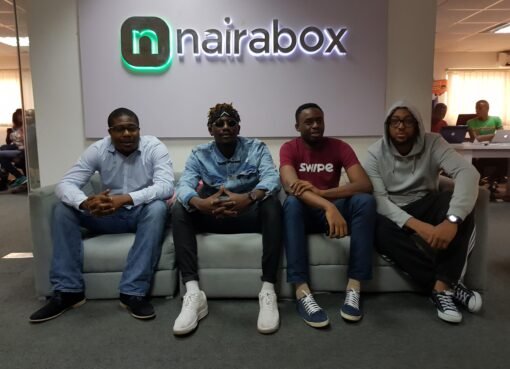
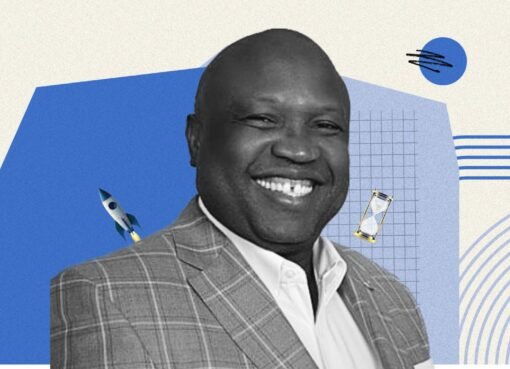
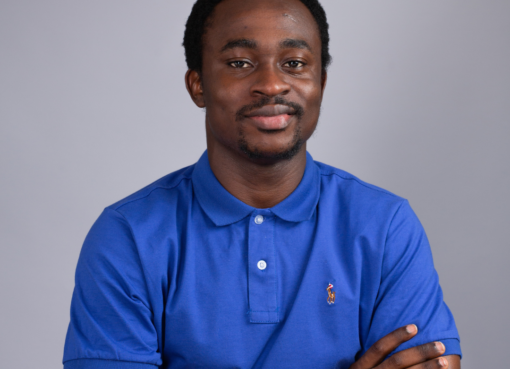


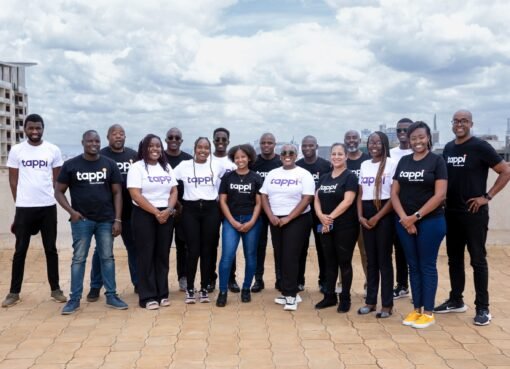
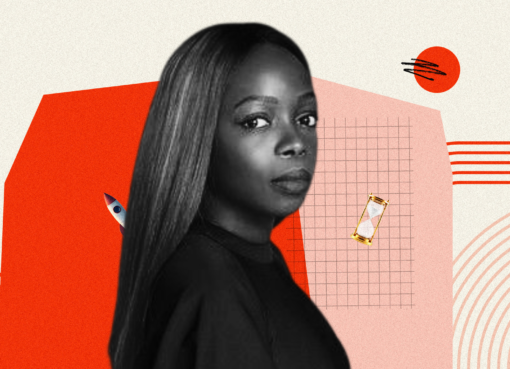
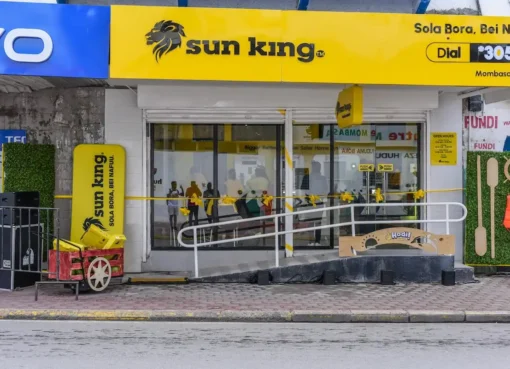
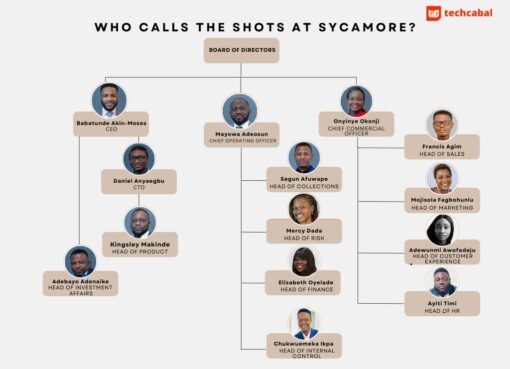

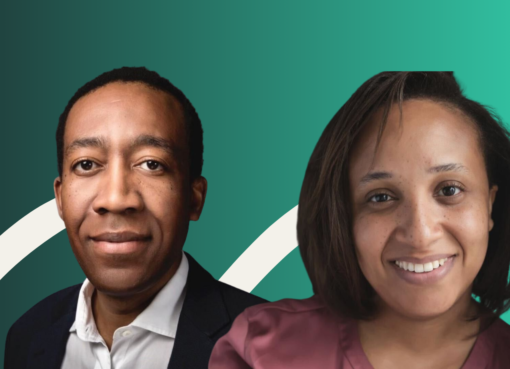









Comment here